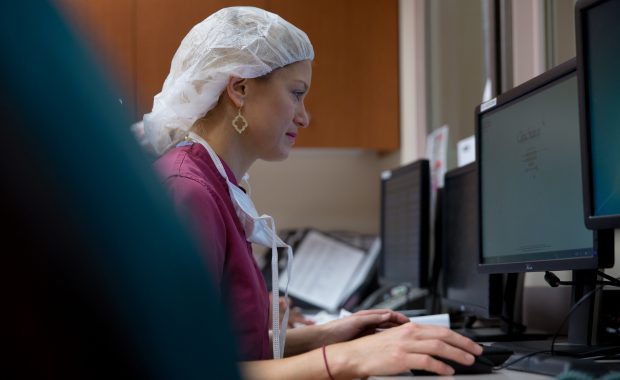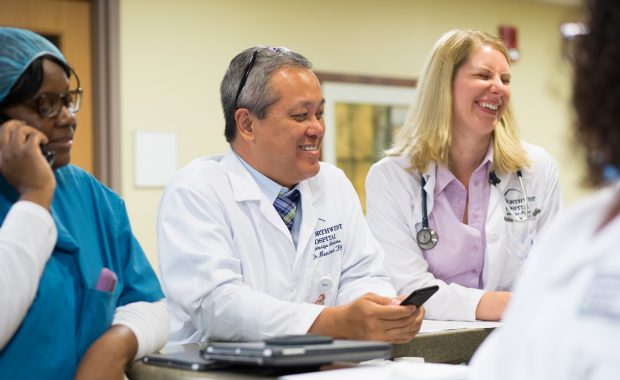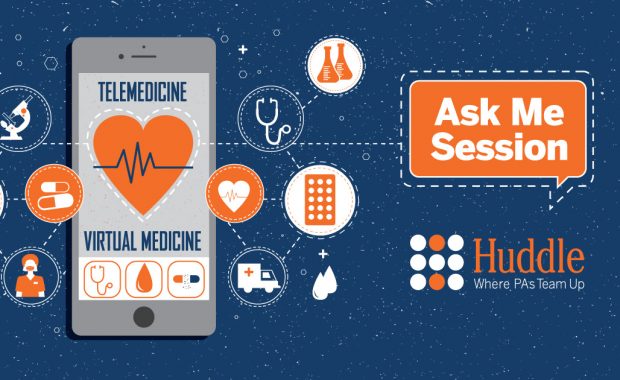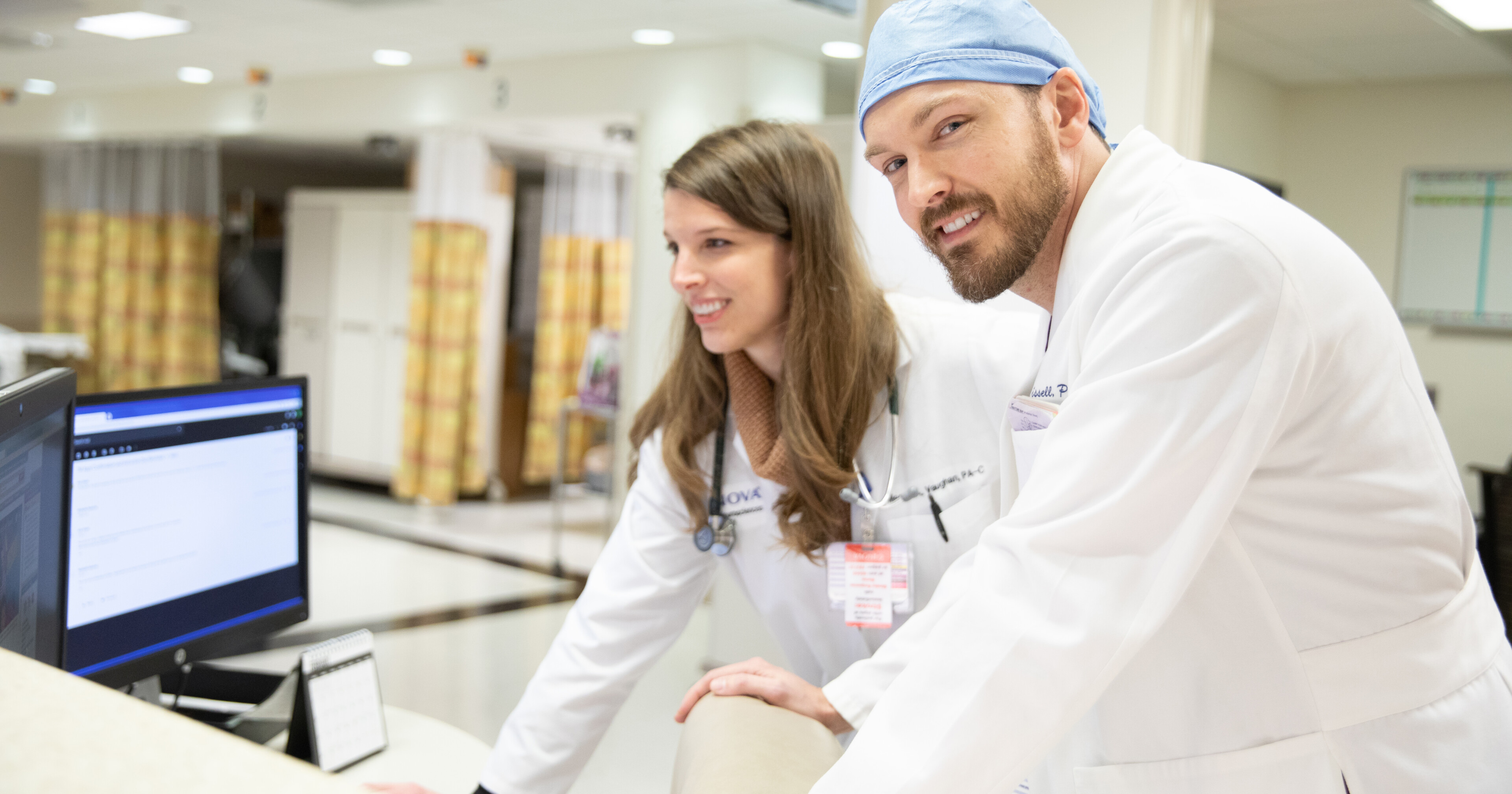Career Resources
PA Practice Resources
It is important to understand training, competencies, and the scope of practice of PAs. Knowledge of PA practice can optimize patient care while maintaining compliance with Federal laws and regulations. It’s a ‘win’ for PAs, employers, and patients.

Rachael Jarman Shares 5 Tips for Unemployed PAs
PA Rachael Jarman acknowledges she is not the first PA to go through unemployment and offers a few tips that help her keep a stable mental state. If we take steps towards staying healthy, she says, circumstances feel less dire.

Getting Hired for Your First PA Job: Secrets From a PA Employer
Come hear tips and tricks as you prepare for the PANCE. From study hints to day-of pointers, this session is for all the test takers… the cautiously optimistic, the nervous wrecks, and all those in between.

You’ve Been Hacked! Lessons Learned from a Cyber Breach
A small Texas practice’s electronic health records were hacked and held for ransom. For days, while pen and paper kept the practice going, a PA wondered whether she’d face a financial hit from the cyber breach.

Video: Finding Your New PA Job
From your first position to your next career move, be prepared for the job search with these tips and tools in AAPA’s Career Central.

Sponsored
Locum Tenens Offers Work/Life Balance and a Fresh Start
PAs can turn to locum tenens as a full-time career alternative that allows them to take control of their own schedule, establish a better work/life balance, and enjoy a regular change of scenery.

How to Stay Sane During the Job Search Process
The job search is an exciting process that can yield great insights into your PA career priorities and goals. While challenging at times, here are some suggestions for making your next job search effective, rewarding, and enjoyable.

PAs Help Close Gaps in Care Through House Calls
As an in-home healthcare provider, Sarah Kaplan, PA-C, is among a rapidly growing number of medical professionals who are revitalizing the once-common practice of bringing urgent and primary care services directly into the homes of their patients.

Virtual Health PAs Share Insight to Rapidly Growing Healthcare Space
Huddle’s latest Ask Me session recruited virtual medicine PAs Desmond Watt and Amanda Shelley to engage in field-related discussions with AAPA members. Virtual health, or telemedicine, is an emerging healthcare space that PAs have the opportunity to not only join, but lead.
PAs and Team Practice
A summary of PAs in team-oriented care models.

Guide: Resumes and CVs
Do you need a résumé or a CV – or both? What should these important documents include? How can you avoid common mistakes? These essential career documents should be straightforward and specific, convey your achievements to potential employers, and show how you fit the role and experience they are seeking in a PA.
Guide: Where Will You Take Your PA Career?
Starting out as a PA, you have many options available to you. You can head into a clinical or nonclinical role, and even consider independent contracting. Here’s a list of questions you can ask yourself to help determine where your interests lie.

Find Your Passion at Any Stage of Your PA Career
Whether you are just starting your PA career, are in mid-practice, or near retirement, be cognizant of what drives and ignites you. By taking inventory, considering new initiatives, and talking to other PAs, you can find your passion.
PA Student to PA: Navigating the Transition
While the transition from program to practice may seem overwhelming and nerve-wracking, PA students can set themselves up for a successful career start with these tips.